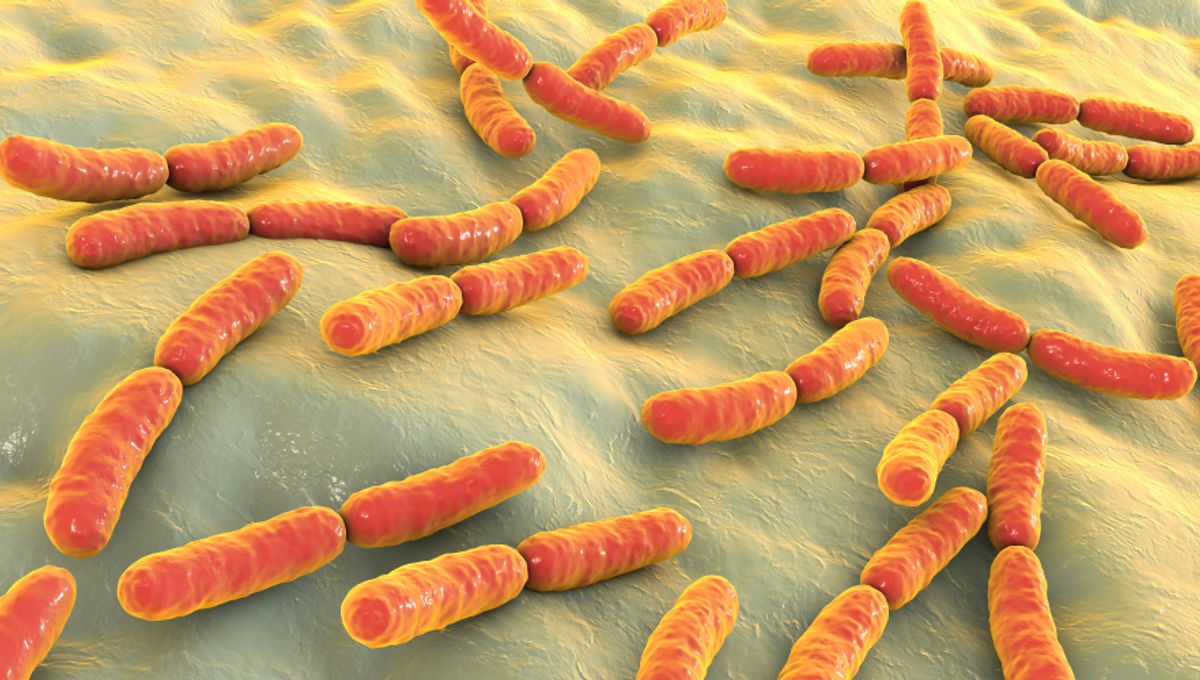
If you’re experiencing a low sex drive, there’s a chance it may have a link to the bacteria that are living inside your gut. Recent times have seen an explosion of research that’s investigated how the gut microbiome has a profound influence on health and happiness. As part of this field, a small handful of studies has even looked at how this ecosystem of bacteria might have a link with low libido and some forms of erectile dysfunction.
Your gut microbiome consists of trillions of microorganisms – some helpful, some inconsequential, and some harmful – from dozens of different species. The composition of the bacteria is largely governed by the food we eat and it’s clear that a healthy gut microbiome can be fostered by eating probiotic foods, such as yogurt, pickles, kimchi, and kombucha.
It’s an ecosystem that’s deeply intertwined with your wider health, connecting to numerous parts of the body – most notably the brain – through various means.
Gut microbes degrade some parts of our food that our body can’t, allowing us access to different nutrients. They are also capable of regulating hormones, neurotransmitters, and other important biomolecules. Some gut microbes may influence the functioning of cells in your immune system and may lead to unwanted inflammation. All of this can have an impact on your wellbeing, not least because the gut has a direct line to the brain through the vagus nerve.
When it comes to sex drive, there’s some evidence that the makeup of your gut microbiome may be something to consider.
A study published in 2021 compared the composition of gut microbes between 24 women with hypoactive sexual desire disorder (HSDD) and 22 women without the condition. Interestingly, the women with HSDD were found to have lower levels of bacteria called Ruminococcaceae, but an increased abundance of Bifidobacterium and Lactobacillus bacteria. Furthermore, levels of Ruminococcaceae were found to be closely associated with the sexual desire score in all subjects.
Similar findings have been found in men. Another study from 2021 compared the gut microbiomes of 30 men with erectile dysfunction and 30 without. They found that the men with erectile dysfunction had significantly reduced gut bacteria diversity compared to the healthy men. However, the men with erectile dysfunction did have higher levels of certain bacteria, such as Streptococci and Subdoligranulum.
These are some interesting links, but it’s worth considering other factors that might be at play. There is evidence that gut bacteria are linked to depression, and it’s well known that depression can take its toll on a person’s sex drive. Given this intertangling of factors, it’s hard to tell whether gut bacteria are directly causing the low libido.
That said, the study of the women with HSDD did check to see if depression was a factor, but found that levels of depression between the two groups were insignificant. In other words, the women with HSDD weren’t any more depressed than their healthy counterparts, but their gut microbiomes differed massively. This suggests that the microbiome may have some kind of a causal link to the sex drive of some individuals, although this needs further evidence before we can say for sure.
Given the wide-reaching impact of the gut microbiome on our lives, however, it perhaps won’t come as too much of a surprise.
Source Link: Your Sex Drive And Loss Of Libido May Be Influenced By Gut Bacteria